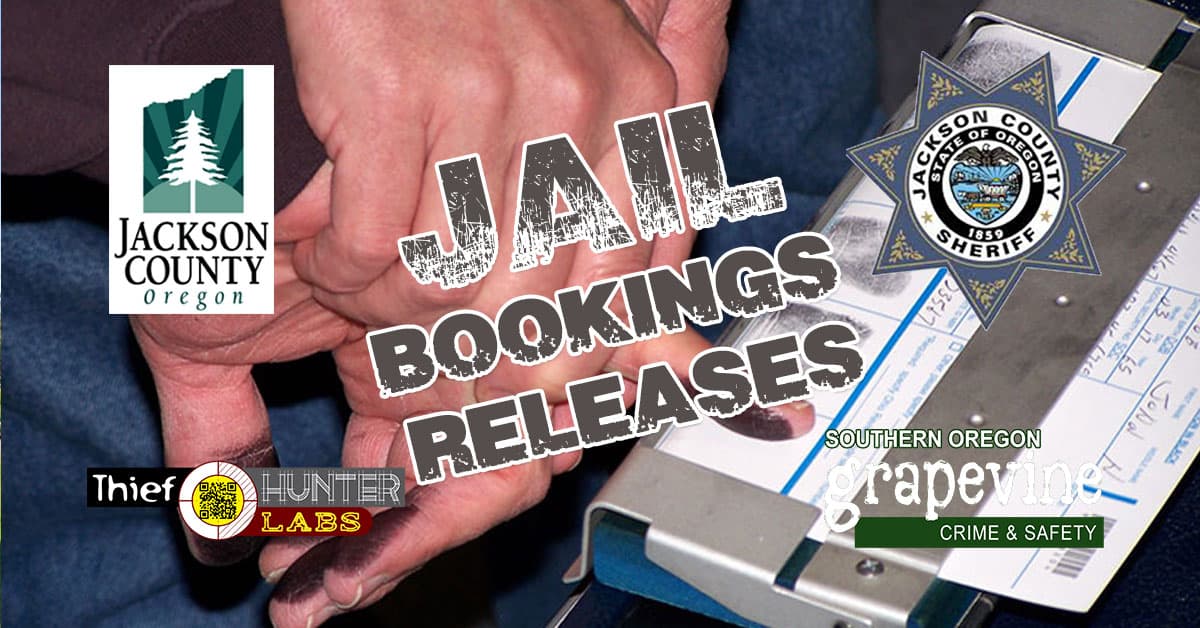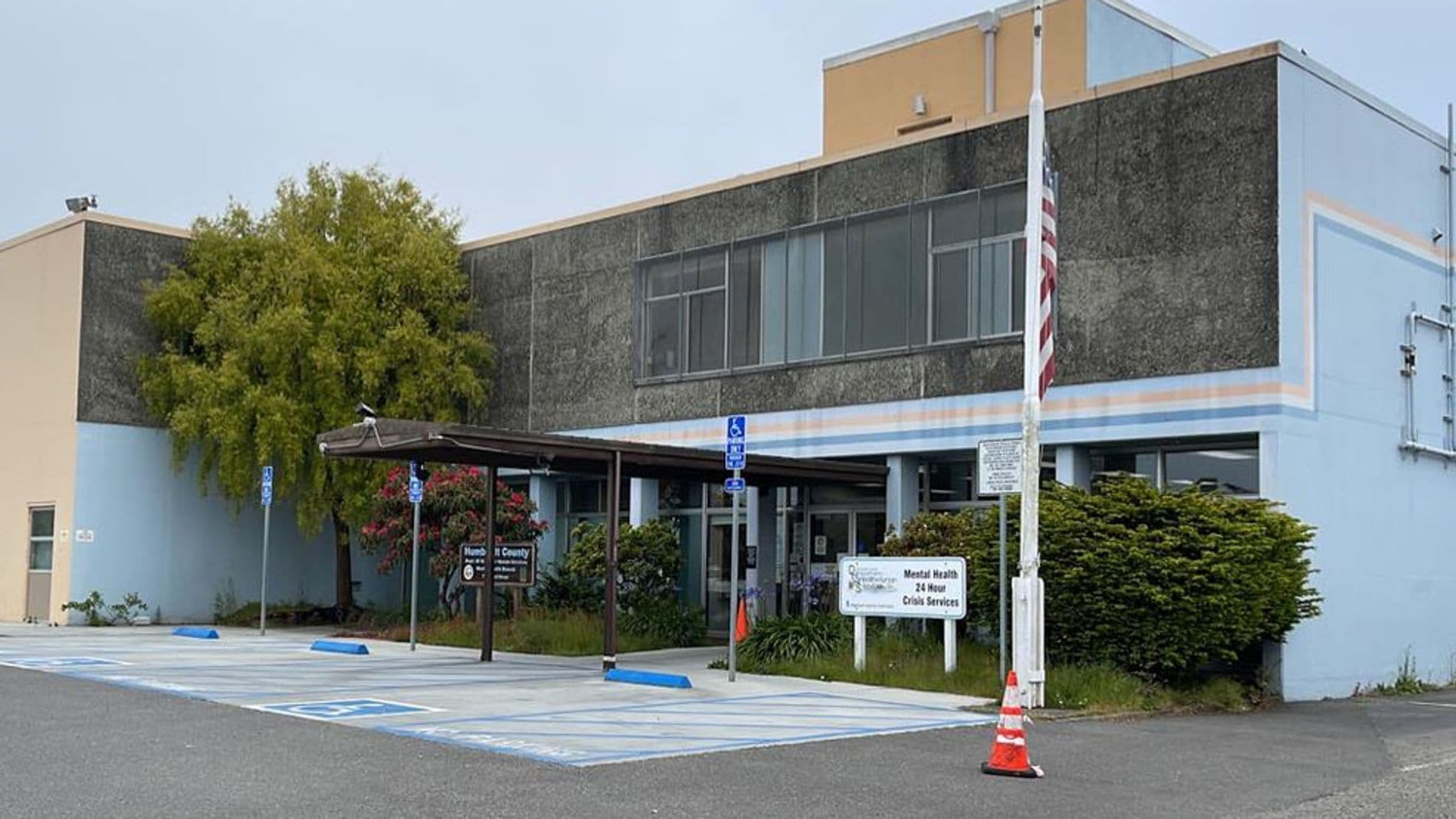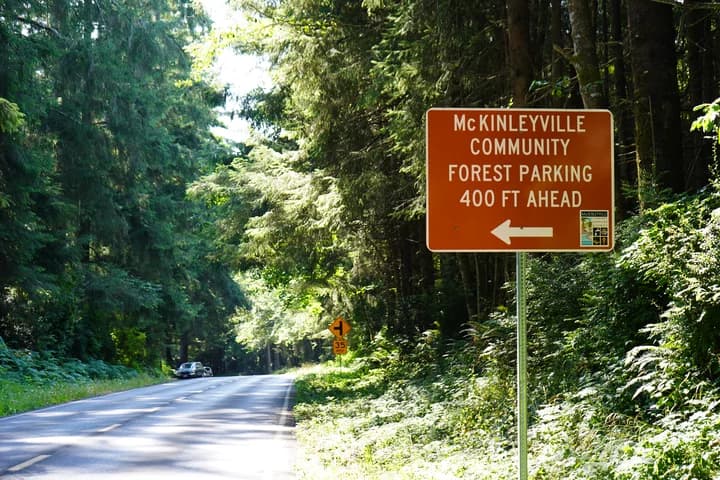Daily Jail Booking List Reveals Arrest Data, Sparks Oversight Questions
A November 17, 2025 snapshot of the Lost Coast Outpost BOOKED page shows people processed by the Humboldt County Jail with names, arresting agency and charges listed alongside penal code citations. The daily public log serves residents and reporters for tracking arrests, while highlighting tensions between transparency, presumption of innocence and local oversight of law enforcement data practices.

The Lost Coast Outpost BOOKED page published a snapshot on November 17, 2025 that records individuals processed by the Humboldt County Jail, listing names, the agency that handled the incident such as EPD or HCSO, the type of entry including arrest, bench warrant or local court case, and the alleged charges with penal code references. The page is updated daily and functions as a routine local record used by residents and journalists to follow arrests and charging patterns. Lost Coast Outpost notes that those listed are presumed innocent until proven guilty.
The daily posting of booking information offers immediate public notice of law enforcement activity, but it also raises policy questions for county officials and municipal leaders. Public access to arrest data can strengthen community awareness of policing trends and support independent reporting. At the same time, public logs can carry reputational consequences for people who have not been convicted, and they depend on accurate, timely updates to avoid errors that affect due process.
Institutional responsibilities are central to the debate. The sheriff and municipal police agencies operate booking and reporting systems, while the Board of Supervisors and city councils set policy priorities and budgets that shape how data are collected and shared. The county prosecutor and the courts determine filing and charging decisions that follow booking. Ensuring clarity about roles, data governance and redaction standards is a matter of local governance and accountability.
For Humboldt County residents the BOOKED page is a tool for civic engagement and public safety awareness. Neighborhoods, advocacy groups and journalists use the log to track patterns such as where arrests originate and the types of charges being pursued. Those observations feed into public conversations that influence policy debates and electoral choices, because perceptions of public safety and law enforcement transparency are recurring themes in local campaigns.
Policymakers face practical options that balance openness with protection of individual rights. These include formalizing timelines and accuracy checks for postings, creating procedures for correcting mistakes, and adopting practices that limit undue public exposure for cases that are quickly dismissed or involve sensitive circumstances. Any changes would require coordination among law enforcement, the courts and elected officials and could be addressed in public meetings where residents can review records policies.
The BOOKED page snapshot from November 17, 2025 underscores the practical value of daily records for community oversight, while reminding local leaders that transparency must be paired with safeguards to protect the integrity of criminal justice processes and the rights of residents.


